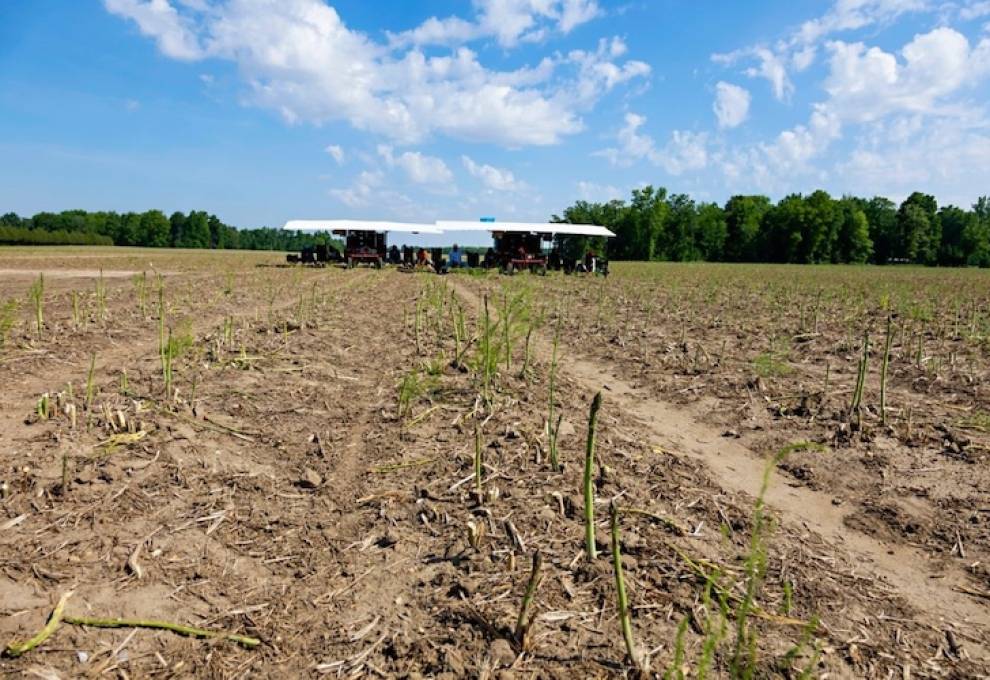
A new study shows that over the last two decades, Ontario’s fruit and vegetable growers have been widely adopting a range of practices that support sustainable local food production.
This includes investments in technologies and practices that support more efficient use of water, energy and fertilizer; use of tools such as soil testing and cover crops; and reducing water and synthetic pesticide use.
“As we mark Earth Day, this study shows very clearly that Ontario’s fruit and vegetable growers are prioritizing sustainable production and have voluntarily been making major strides in the last two decades to adopt practices that support both environmental and economic sustainability,” says Shawn Brenn, a vegetable grower and chair of the Ontario Fruit and Vegetable Growers’ Association (OFVGA). “We’re a proud part of Ontario’s food system and we want Ontarians to know that we’re doing our part to ensure a greener future for all of us.”
In the greenhouse sector, 95 per centof survey respondents use water efficient irrigation systems, insulation for more efficient energy use and biological pest control systems. More than two thirds report having installed more energy efficient boilers, climate control and irrigation systems over the last 20 years, as well as heat storage and energy curtains and screens to reduce their energy use. About half have transitioned to more energy-efficient lighting, and close to one-third are using renewable energy and/or capturing and re-using carbon for crop growth.
In outdoor crop production, 85 per cent of growers report using crop scouting and pest monitoring to target crop protection applications only as needed, 80 per cent are using soil test results to guide more precise fertilizer application, and 78 per cent are planting cover crops to keep the soil healthy and support carbon capture.
The study also found that growers are willing to continue making changes and that addressing broader industry issues around competitiveness, taxation, red tape and regulatory burdens combined with incentive initiatives will make it easier for growers to expand their adoption of sustainable practices.
“We’ve made tremendous progress in the last two decades, and growers are willing to do more, but farms need to also be financially viable, which includes a streamlined regulatory environment, financial investments and the consumer support,” adds greenhouse grower Jan VanderHout, chair of the OFVGA Environment and Conservation committee. “Fruit and vegetable production is an essential pillar of our local food system and it’s critical to Canada’s national security that we do everything we can to preserve and protect our ability to grow healthy, safe and sustainable produce.”
The study was completed over the last year by Vineland Research and Innovation Centre and involved a combination of surveys and in-depth interviews with growers from across Ontario’s fruit and vegetable sector.
Source: Ontario Fruit & Vegetable Growers’ Association April 22, 2024 news release

Add new comment